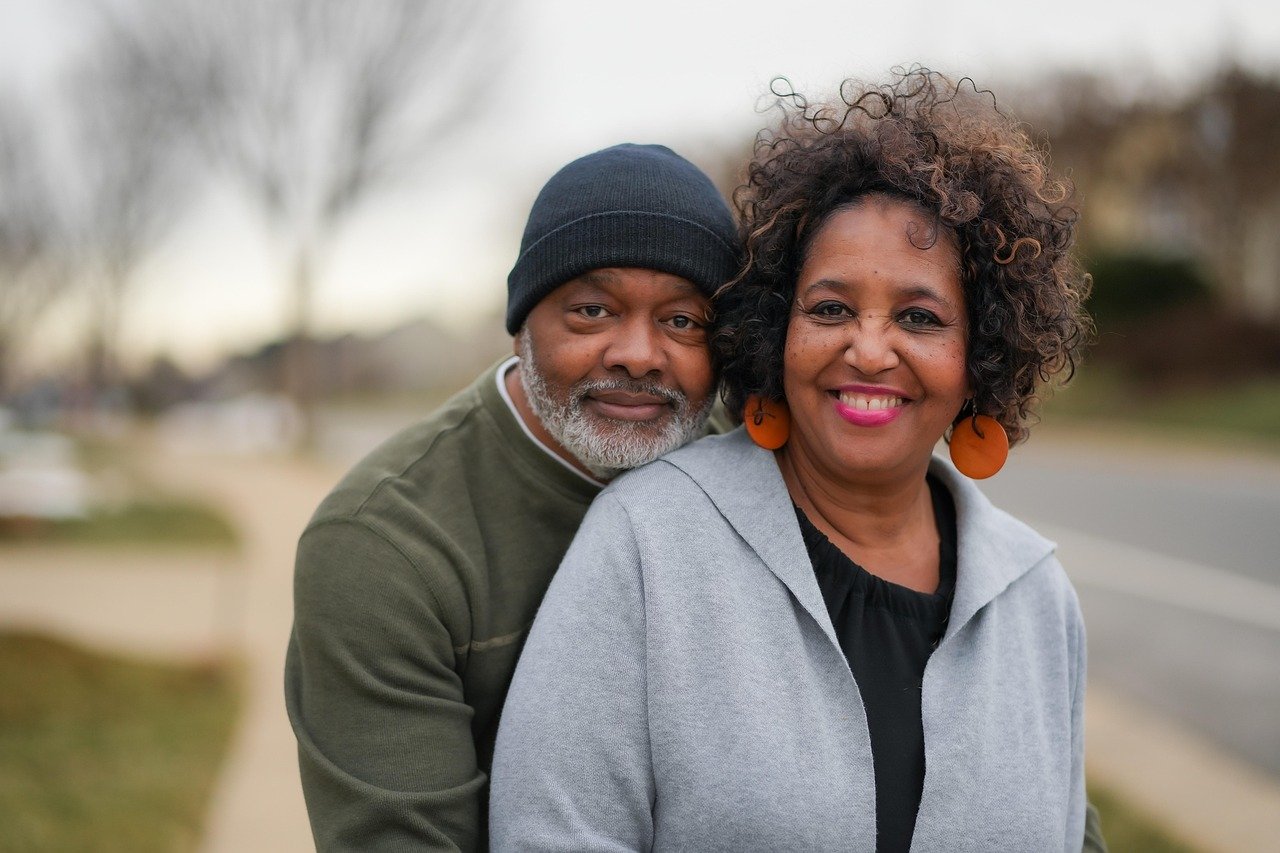
Finding Joy in Alzheimer’s Care
TEDx VIDEO: People with dementia and their care partners can experience joy, humor and connection. Since there’s no cure, the best solution is great care. See how to set a high bar with empathy, patience and fun.

TEDx VIDEO: People with dementia and their care partners can experience joy, humor and connection. Since there’s no cure, the best solution is great care. See how to set a high bar with empathy, patience and fun.

EMOTIONAL STATES of individuals with Alzheimer’s are profoundly influenced by caregivers. Learn how.

Elderly Americans are the most likely citizens to own a gun AND the most likely patients to have dementia. How great is the danger? What should be done?

TEEPA CARE VIDEO: Learn about Alzheimer’s 6 stages. Teepa Snow shows what to expect, while keeping the focus on the person for whom you care.

Two wives caring for their husbands with dementia generously share their experiences and offer caregiving tips to those find themselves in a similar position with a loved one.

Lewis Hornby had a problem: his grandmother with dementia wasn’t drinking enough, causing her to get severely dehydrated.

When a hurricane hits Florida — or anywhere that has a very large population of people with dementia, there are special preparations that should be made by those living with dementia. Check these dementia-in-a-storm readiness lists.

Learn about ‘personalized music for dementia’ and its powerful effect on Alzheimer’s. See the Director of the hit film, ‘Alive Inside’, on the dementia-impact of music.

Gary, a former dentist living in a dementia care center, gets confused — and it worries him. See staff “redirect” him and relieve his anxiety.

Stress is like a glass of water; we have to put it down for a while and rest before holding it again. Here’s how to do it.

Alzheimer’s is the most common type of dementia, but it is just one cause. In this short Q & A, watch Stanford Neurologist Dr. Kerchner explain the importance of getting an accurate diagnosis.

Learn about The Alzheimer’s Society of Canada’s campaign to bust the stigma of dementia.
Discover 6 easy ways you can make a difference.

The “glymphatic system” removes brain waste. It may be a powerful new target to treat Alzheimer’s. Learn why scientists believe Alzheimer’s may arise when the system is not doing its cleaning properly.

Researchers found in a study that people who developed dementia were more likely to have their credit rating drop at least two and a half years before the diagnosis. Some had problems managing their money up to six years before. Find out more.

Scientists say restoring a brain protein, not removing amyloid plaques, should be the target of Alzheimer’s dementia therapies. The researchers said treatment might lie in normalizing the levels of a specific brain protein.

Dietary iron is an essential element in the brain. That’s why it is critical to understand how it affects Alzheimer’s. Researchers used advanced X-ray techniques to take a giant step forward in understanding iron chemistry in amyloid plaque, the main culprit behind Alzheimer’s. Learn more about their exciting new insights.

A deep promise to be there for an Alzheimer’s parent, this heartwarming song was written as a tribute to families facing dementia.
No spam, only news and updates.